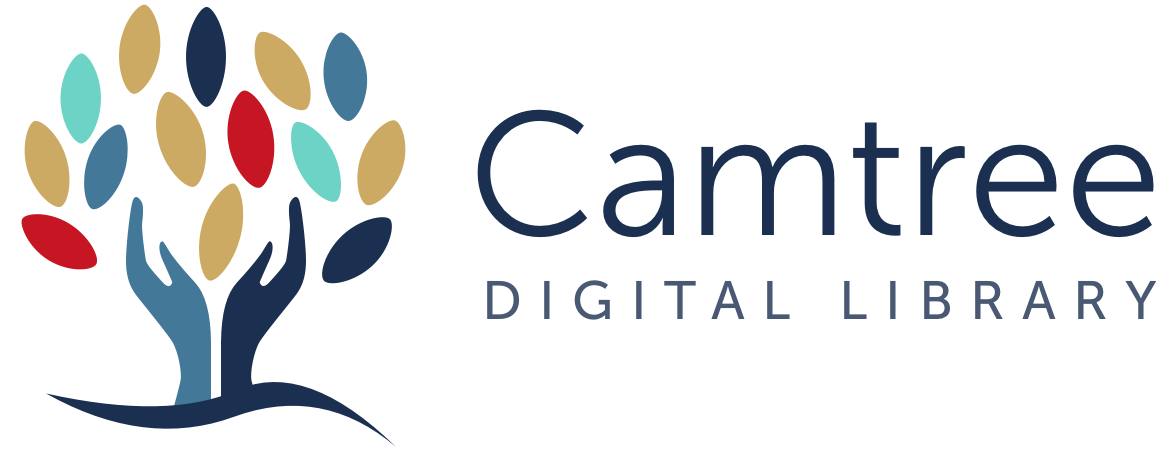Loading...
How to use oracy as method/tool for formative assessment of students
Haaland, Morten Fjermestad, Øyvind
Haaland, Morten
Fjermestad, Øyvind
Files
Citations
Altmetric:
Authors
Date
2022
Educational Level
ISCED Level 3 Upper secondary education
Curriculum Area
Geographical Setting
Norway
Abstract
Background: This study focuses on the use of learning peers and groups to improve 15-16 year old students' oral abilities and knowledge in the context of a genetics lesson. The researchers aimed to explore the impact of these strategies on student participation and engagement in oral activities.
Aims: The aim of this study was to investigate the effectiveness of learning peers and groups in promoting oracy skills and facilitating formal assessment in the classroom. The researchers also aimed to identify the key factors that contribute to successful implementation of these strategies.
Methods: The study involved three research lessons where students watched a movie clip related to the theme of genetics and sexuality. They then worked in learning groups to discuss questions from the movie clip. To review important terms and promote oracy, the students played a term game in groups, where they had to explain subject terms to their group members. The researchers also developed other activities such as a variation of the word game Alias and conversation starters to further enhance oral participation.
Findings: The use of learning peers and groups was found to significantly improve students' oral abilities and knowledge. The researchers observed that a larger number of students participated in oral activities in the last lesson, indicating increased engagement and motivation. The use of varied and fun tasks, such as word explanation games, was found to be particularly effective in promoting oracy and cooperation among students. Additionally, the researchers found that carefully planning the composition of learning partners and groups was crucial for successful implementation.
Implications: The findings of this study suggest that teachers can promote better oracy skills and facilitate formal assessment by incorporating learning peers and groups into their teaching practices. It is important for teachers to carefully plan the composition of these groups and provide a safe and supportive environment for students to engage in oral discussions. Varied and fun tasks should be included to motivate students and cater to their different levels of ability. The researchers recommend further exploration of the use of learning peers and groups in future lessons, with a focus on self-assessment. The study also highlights the importance of sharing research findings with other teachers and schools to benefit the wider education community.
Description
Keywords (free text)
secondary education,biology,oracy,formative assessment,peer learning
